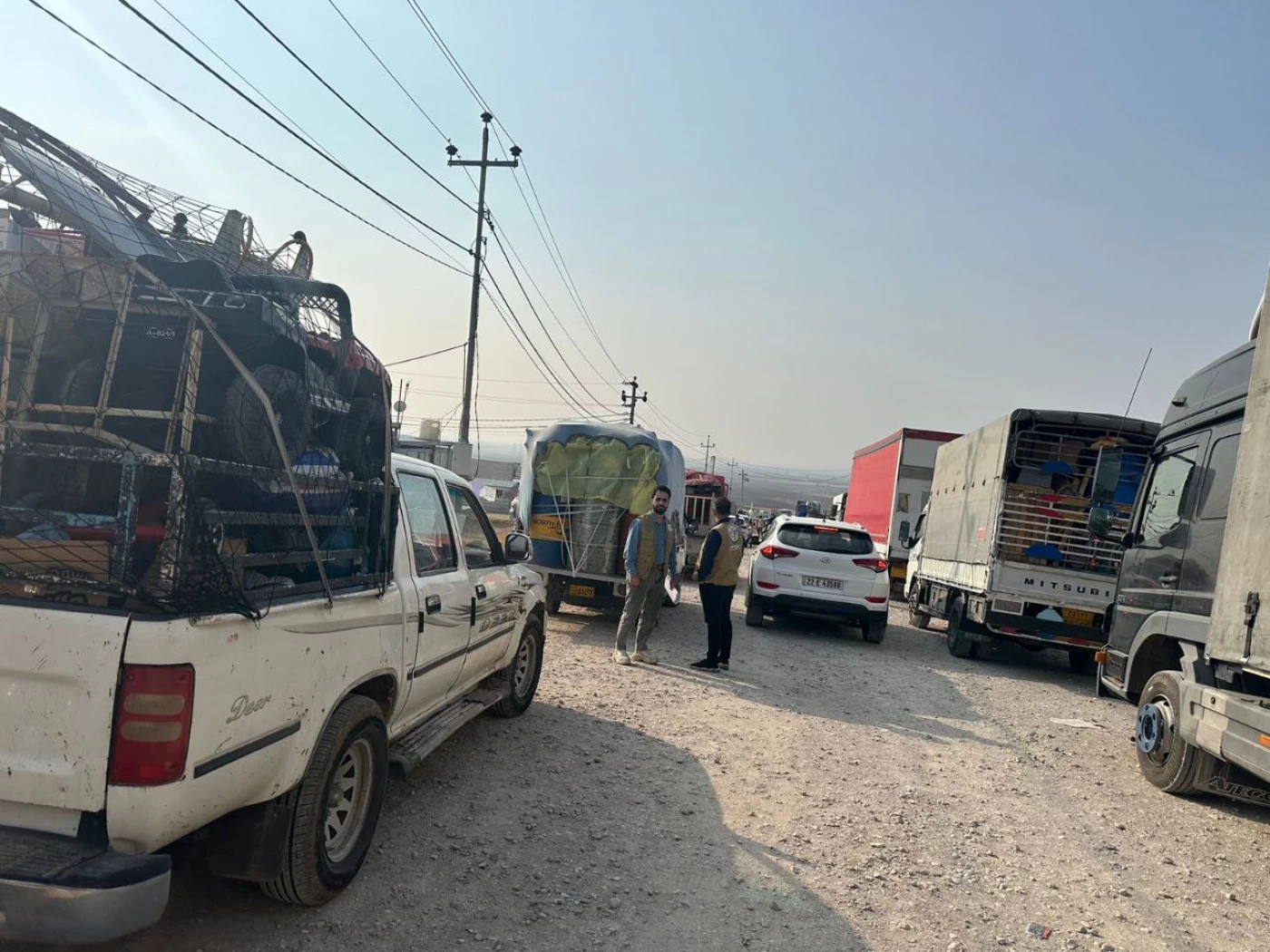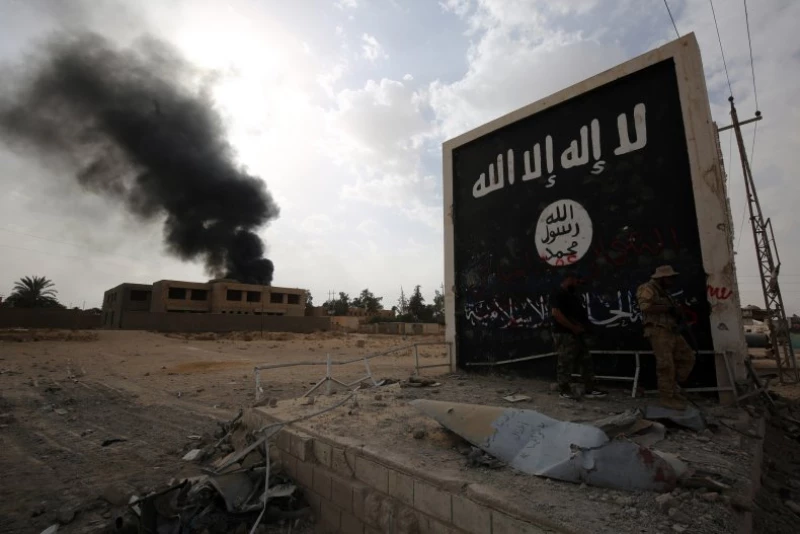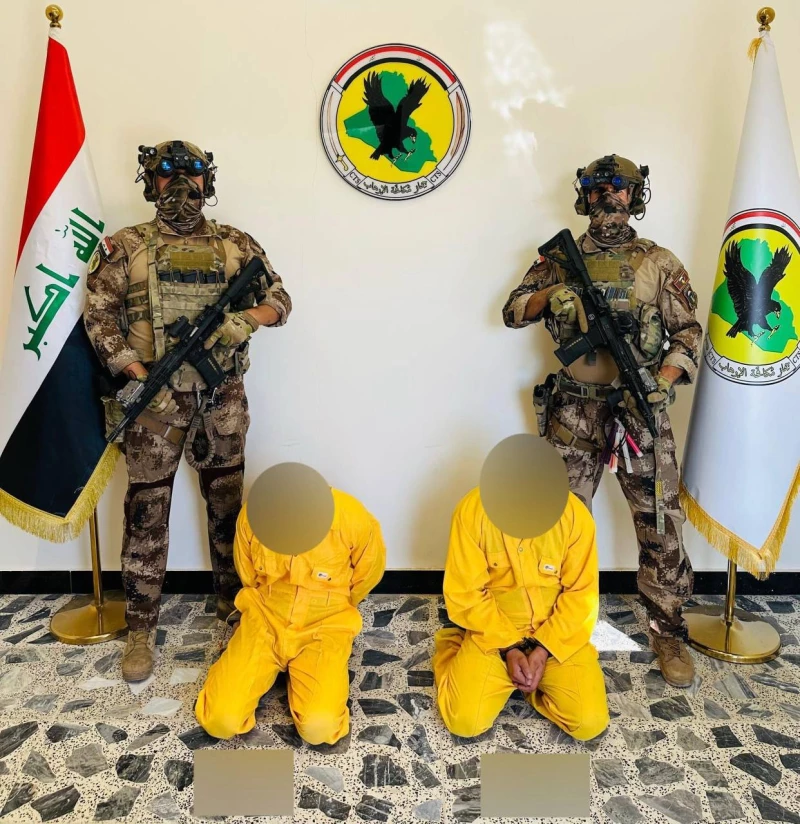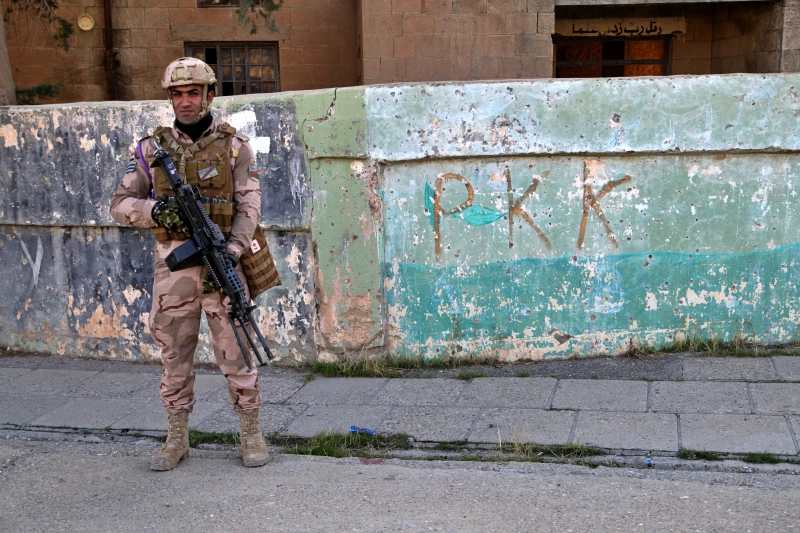ERBIL, Kurdistan Region of Iraq - At least 360 Yazidi Internally Displaced Persons (IDPs) on Tuesday left a camp in Duhok province and returned to their hometown Sinjar after a decade of displacement at the hands of Islamic State (ISIS) militants, announced the Iraqi migration ministry.
“In coordination with the relevant institutions of the Kurdistan Regional Government and officials from Duhok province’s administrative units, and with the help of the International Organization of Migration (IOM), a total of 367 Yazidi displaced persons who had been taking shelter at the Mam Rashan camp in Duhok province, returned to their hometown Sinjar,” Evan Faeq, Iraq’s minister of Migration and Displaced announced.
Following the ISIS attack on Sinjar in August 2014, thousands of Yazidis were forced to flee their homes in hopes of escaping the militant group’s atrocities.
Over ten years on, thousands of Yazidis remain missing, and tens of thousands of others are unwilling to return to their homes due to security concerns exacerbated by a lack of services and reconstruction.
Today’s new batch of returnees is part of a plan from the Iraqi government to close down all refugee and IDP camps across Iraq.
The ongoing displacement crisis in Iraq affects nearly one million IDPs both within and outside camps, according to the Iraqi Parliament's Committee on Migration and Social Reconciliation.
The total number of IDPs is estimated to be between 800,000 and one million, residing in various regions including the Kurdistan Region’s camps, Nineveh, Anbar, and the outskirts of Baghdad.
To encourage returns, the ministry has offered aid and incentives since January 2024, including a one-time payment of four million Iraqi dinars per family, potential government employment, social security benefits, and interest-free loans for small businesses.
The KRG’s Interior Ministry reports that the 23 camps throughout the Kurdistan Region accommodate around 157,000 individuals, many of whom originate from Sinjar.
The gradual return of Yazidis to Sinjar comes around two weeks until a general population census across Iraq.
Yazidi members of the Iraqi parliament in early October expressed their opposition to the upcoming national census, calling for its delay until the return of internally displaced persons and the stabilization of some cities.
“We are not in favor of a census that legitimizes the demographic change of constitutional rights and destroyed areas,” Mohammed Khalil, a Yazidi lawmaker from the Kurdistan Democratic Party (KDP), had said.
Khalil said that the current circumstances were not suitable for a general census in Iraq due to the large number of displaced and the continued instability of some areas, calling for the delay of the process until the situation is normalized and most of the IDPs return.
He stressed that a population count at this time would result in “inaccurate” data, especially in Sinjar and the Nineveh plains, which he said have seen the return of only 50 percent of their original populations.
Though Baghdad had set July 30 as the deadline for the closure of the entire IDP camps across the Kurdistan Region, the Kurdish government repeatedly announced it was unwilling to forcibly close down the camps, a decision pushing the Iraqi migration minister Faeq to lodge a complaint against Erbil.


 Facebook
Facebook
 LinkedIn
LinkedIn
 Telegram
Telegram
 X
X



